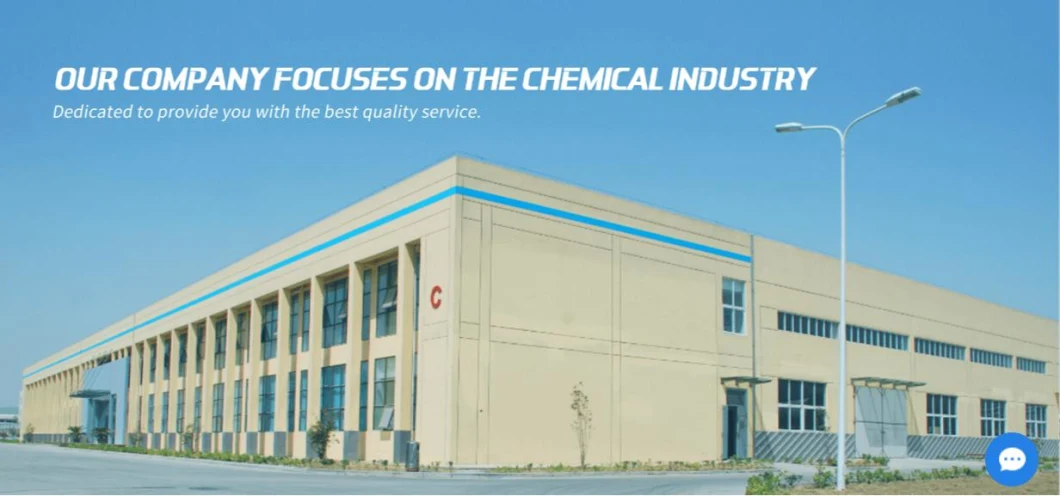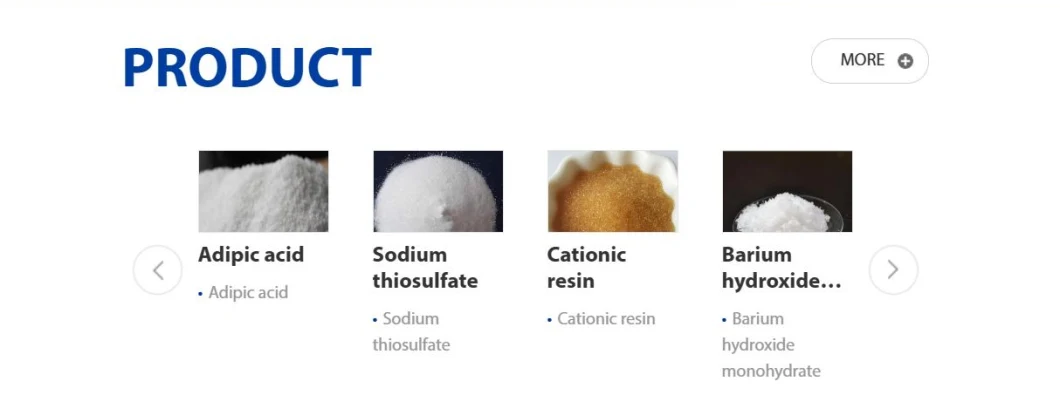
Category

Specification Flocculant Polyacrylamide PAM for Paper Industry
Product Description: Polyacrylamide, Polyacrylic amide, PAM Chemical formula: (C3H5NO)n Outside: at room temperature is
Basic Info
| Model NO. | 9003-05-8 |
| CAS No. | 9003-05-8 |
| Formula | [CH2CH(Conh2)]N |
| EINECS | 231-545-4 |
| Acid-Base Property | Neutral Surface Disposal Agent |
| Certification | WQA, REACH |
| Environmental Protection | Yes |
| Color | White |
| Appearance | Powder |
| Type | Sewage Treatment Chemicals |
| Molecular Weight | 71.0785 |
| Density | 1.3 |
| Water Solubility | Soluble |
| Solubility | Water-Soluble Polymer |
| Storage Condition | Room Temprature |
| Sensitivity | Easily Absorbing Moisture |
| Mdl Number | Mfcd00084392 |
| Security Terminology | S24/25 - Avoid Contact with Skin and Eyes |
| Transport Package | Bag |
| Specification | 25kg/bag |
| Trademark | Shuangou |
| Origin | China |
| HS Code | 3906901000 |
| Production Capacity | 5000ton/Year |
Product Description
:Polyacrylamide, Polyacrylic amide, PAM
Chemical formula: (C3H5NO)n
Outside: at room temperature is a hard glassy solid, the products are liquid glue, latex and white powder, translucent beads and flakes, etc
Superfloc specification:
| Product | Apperance | Molecular Weight | Ionic Charge |
| Anionic Polyacrylamide | Powder | 5-22 Million | 5%-40% |
| Cationic Polyacrylamide | Powder | 5-12 Million | 5%-60% |
| Non-ionic Polyacrylamide | Powder | 5-15 Million | 0%-5% |
Application:
Polyacrylamide (PAM) is a general name of acrylamide homopolymer or copolymerized with other monomers, which is one of the most widely used water-soluble polymers. Because the polyacrylamide structure unit contains the amide base, easy to form hydrogen bonds, so that it has good water solubility and high chemical activity, easy through grafting or crosslinking to get branch chain or network structure of a variety of modifiable substances, in oil mining, water treatment, textile, paper, mineral processing, medicine, agriculture and other industries have a wide range of applications, known as "all ye additives". The main application fields abroad are water treatment, paper making, mining, metallurgy, etc. At present, the largest domestic consumption is in the field of oil production, and the fastest growing consumption is in the field of water treatment and paper making.Polyacrylamide is a water-soluble linear polymer caused by free radical polymerization of acrylamide (AM) monomer, with good flocculation, can reduce the friction resistance between liquids, according to ionic characteristics can be divided into non-ionic, anionic, cationic and amphoteric four types. Polyacrylamide (PAM) is insoluble in most organic solvents, such as methanol, ethanol, acetone, ether, aliphatic hydrocarbons, and aromatic hydrocarbons, except for a few polar organic solvents, such as acetic acid, acrylic acid, chloroacetic acid, glycol, glycerin, molten urea, and formamide. But the solubility of these organic solvents is limited, often need to be heated, otherwise not much application value. It can dissolve in water in any proportion, and the water solution is a uniform and transparent liquid. The size of molecular weight has little effect on the solubility, but when the solution concentration is higher than 10%, the polymer with high molecular weight can show a gel-like structure due to the interaction of hydrogen atoms between molecules. High molecular weight solution is pseudoplastic fluid. [1]
At suitable low concentration, the polyacrylamide solution can be regarded as a network structure, and the mechanical entanglement and hydrogen bond between chains form network nodes. At higher concentrations, PAM solutions appear gel-like because they contain many chain-to-chain contacts. PAM aqueous solution and many can and water miscible organic matter has good compatibility, has good compatibility to electrolyte, ammonium chloride, calcium sulfate, copper sulfate, potassium hydroxide, sodium carbonate, sodium borate, sodium nitrate, sodium phosphate, sodium sulfate, zinc chloride, boric acid and phosphoric acid and other substances are not sensitive.
Polyacrylamide is white powder or small particles with a density of 1.302g/cm3 (23ºC), glass transition temperature of 153ºC, softening temperature of 210ºC [1], the general method of drying contains a small amount of water, dry and will soon absorb water from the environment, with freeze-drying separation of the homopolymer is white soft non-crystalline solid, But when precipitated from the solution and dry is a glassy part of the transparent solid, completely dry polyacrylamide PAM is a brittle white solid, commodity polyacrylamide is usually dry under moderate conditions, the general water content of 5%~15%, cast in the glass plate preparation of polymer film, is transparent, hard, fragile solid. [3]
Under hypoxia condition, heat to 210ºC due to water loss weight; Continue heating to 210~300ºC when the amide group decomposition into ammonia and water; When the temperature rises to 500ºC, black flakes of 40 percent of their original weight form.


Package:
The solid product is packed in Kraft paper bags with inner plastic bags, with each bag containing 25kgs.
Company profile:











